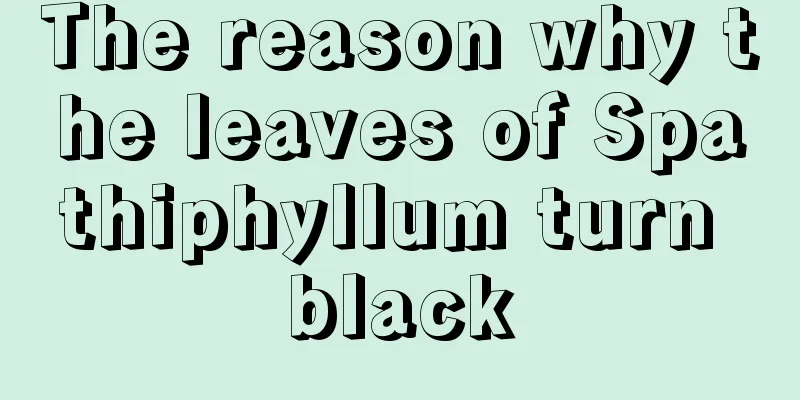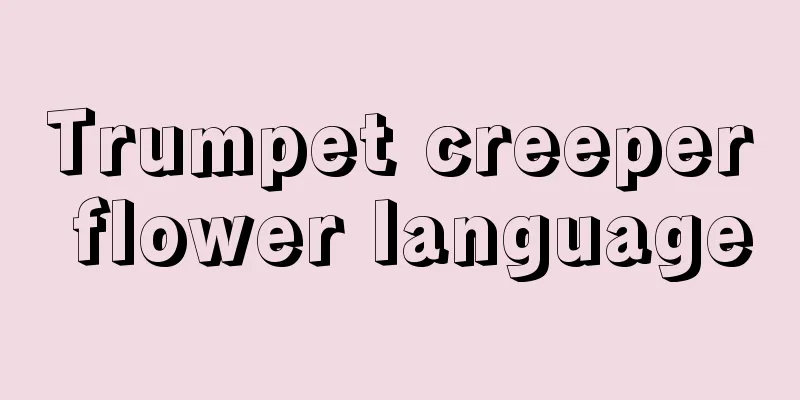What pests can Tolfenpyrad control?

|
Tolfenpyrad is a new type of pyrazoamide insecticide and acaricide with the characteristics of low toxicity, high efficiency and rapid degradation. So what pests can tolfenpyrad control? Let’s learn more about it below. All"> What pests can Tolfenpyrad control? Tolfenpyrad has a broad insecticidal spectrum and has a high control effect on Lepidoptera, Hemiptera, Coleoptera, Hymenoptera, Diptera, Thysanoptera pests and mites, especially against resistant pests such as thrips , diamondback moth, scale insects, and tea green leafhoppers. It can be widely used in pest control of vegetables , fruit trees, flowers , tea and other crops. How to use Tolfenpyrad? 1. Application period It is recommended to apply pesticides during the peak period of pest egg hatching to the period of early nymphs, and adjust the interval between each application according to the severity of the pest occurrence, usually around 7-15 days. 2. Usage (1) To control pests such as thrips, diamondback moth, tea green leafhopper, aphids, scale insects, rust mites, psyllids, leafminers, rust mites, etc., use 30-50 ml of 15% tolfenpyrad suspension per mu, add 15-30 kg of water and spray evenly. (2) To control highly resistant pests such as diamondback moth, fall armyworm, and cotton bollworm, use 30-50 ml of 11.8% emamectin benzoate·tofenapyr suspension per mu, add 15-30 kg of water and spray. The spraying should be as even as possible. 3. Notes (1) Tolfenpyrad is a toxic insecticide . When using it in the field, you must pay attention to safety and wear protective clothing and a mask. (2) Tolfenpyrad should not be mixed with copper preparations or alkaline agents, otherwise the efficacy of the drug will be reduced. (3) Tolfenpyrad is highly toxic to bees, fish, and silkworms. Therefore, it is toxic to birds, bees and silkworms. It is prohibited in bird sanctuaries, during the flowering period of flowering plants, and near silkworm rooms and mulberry gardens. (4) Tolfenpyrad may cause phytotoxicity to cucumber, eggplant, tomato and cabbage seedlings, so caution should be exercised when using it. (5) When using tolfenpyrad, be sure to use the secondary dilution method and prepare it before use. In general, tolfenpyrad is a widely used insecticide that can control a wide range of pests. However, when using it specifically, we must pay attention to rational use and environmental protection issues to ensure its safe and effective application in agricultural production.
|
<<: Cucumber Diseases Pictures and Prevention
>>: What pests does Emamectin Benzoate control?
Recommend
What is the best soil for growing asparagus fern?
1. Soil requirements When cultivating asparagus f...
What flowers are suitable for growing in Zaozhuang? What are the city flowers and trees?
1. Climate characteristics of Zaozhuang Zaozhuang...
Don’t throw away leftover fruit peels! Growing flowers is useful
Grapefruit peel First: Deodorization When using k...
How to make bonsai of Albizia Julibrissin
Select tree species The best tree species is a tr...
How to reproduce Qingdao lily
1. Seed propagation Non-artificially cultivated Q...
Why do the leaves of the green radish turn yellow and wither? How to remedy the yellowing of the leaves
1. Why do the leaves of green radish turn yellow ...
How many lucky bamboos are most auspicious?
1. One Because this plant is grown in water, if y...
Blue snow flower cutting method and time
1. Cutting method 1. Cut cuttings: The selection ...
How to prune baby's breath (pruning time and method)
When to prune baby's breath Gypsophila is gen...
How to sow Begonia
Selection of container and substrate for Begonia ...
Learn to disinfect the "soil" in this way, there will be fewer insects, and the branches and leaves will be shiny and the flowers will bloom more vigorously!
In fact, when the leaves of plants and flowers at...
The flower language and legend of wolfberry
The flower language of wolfberry What we see most...
What are the cultivation methods and precautions of jasmine?
Jasmine Introduction Jasmine, also known as jasmi...
Anthurium pests and control methods
Nematodes Symptoms The nematodes are mainly root-...
Is it better to use a large or small pot for osmanthus?
Is it better to use a large or small pot for osma...









